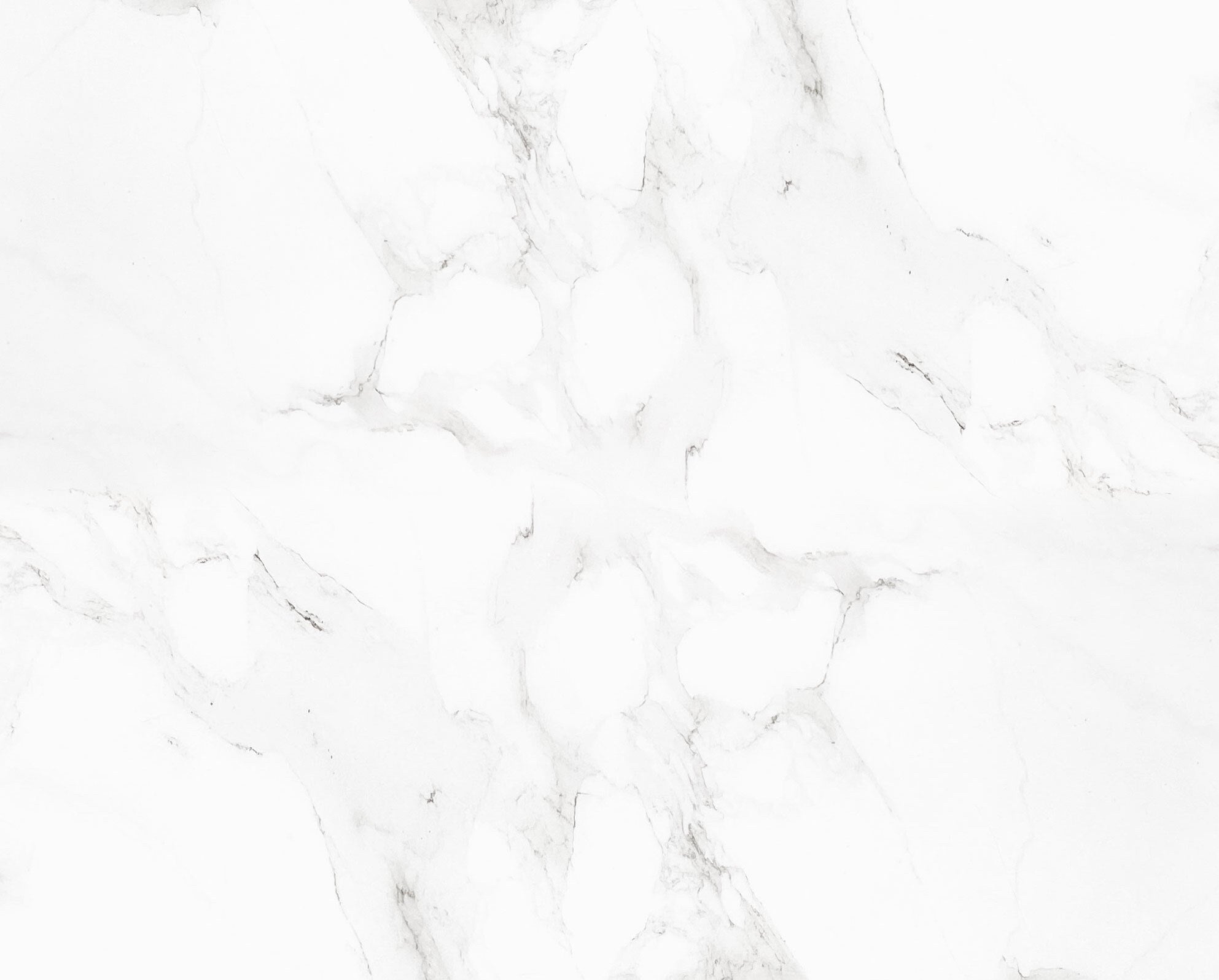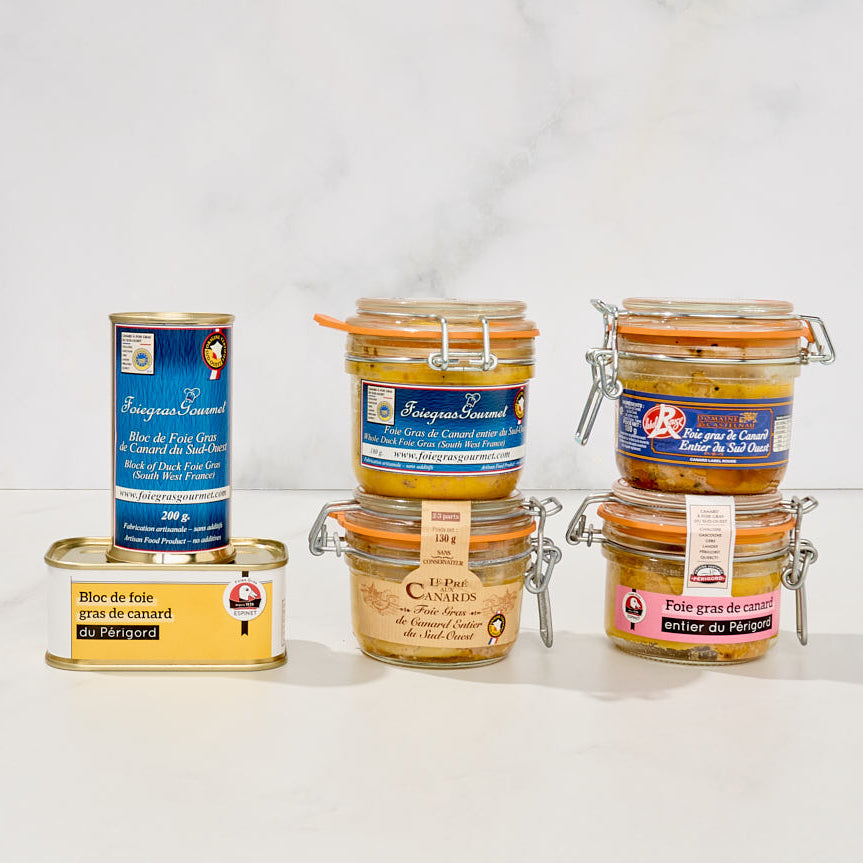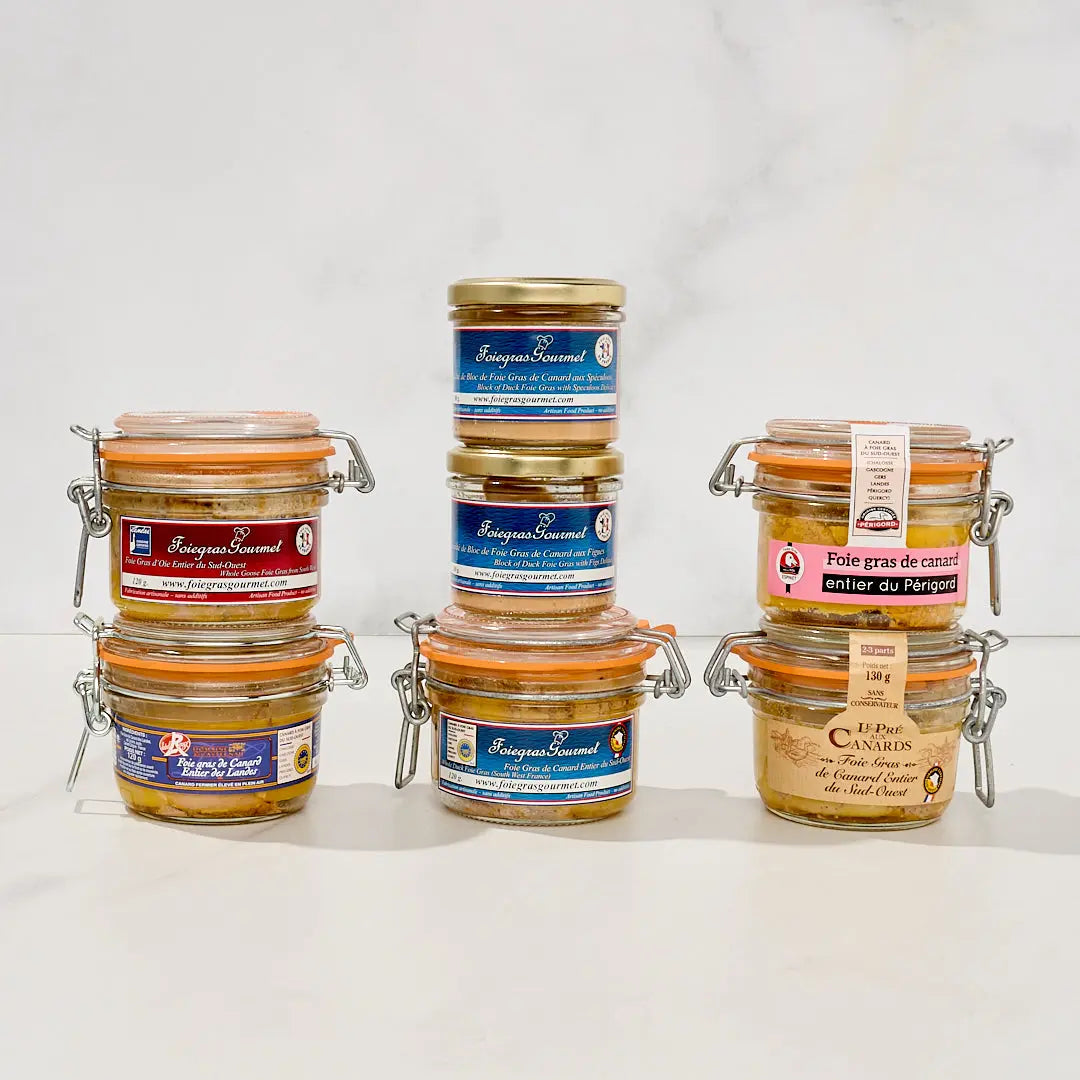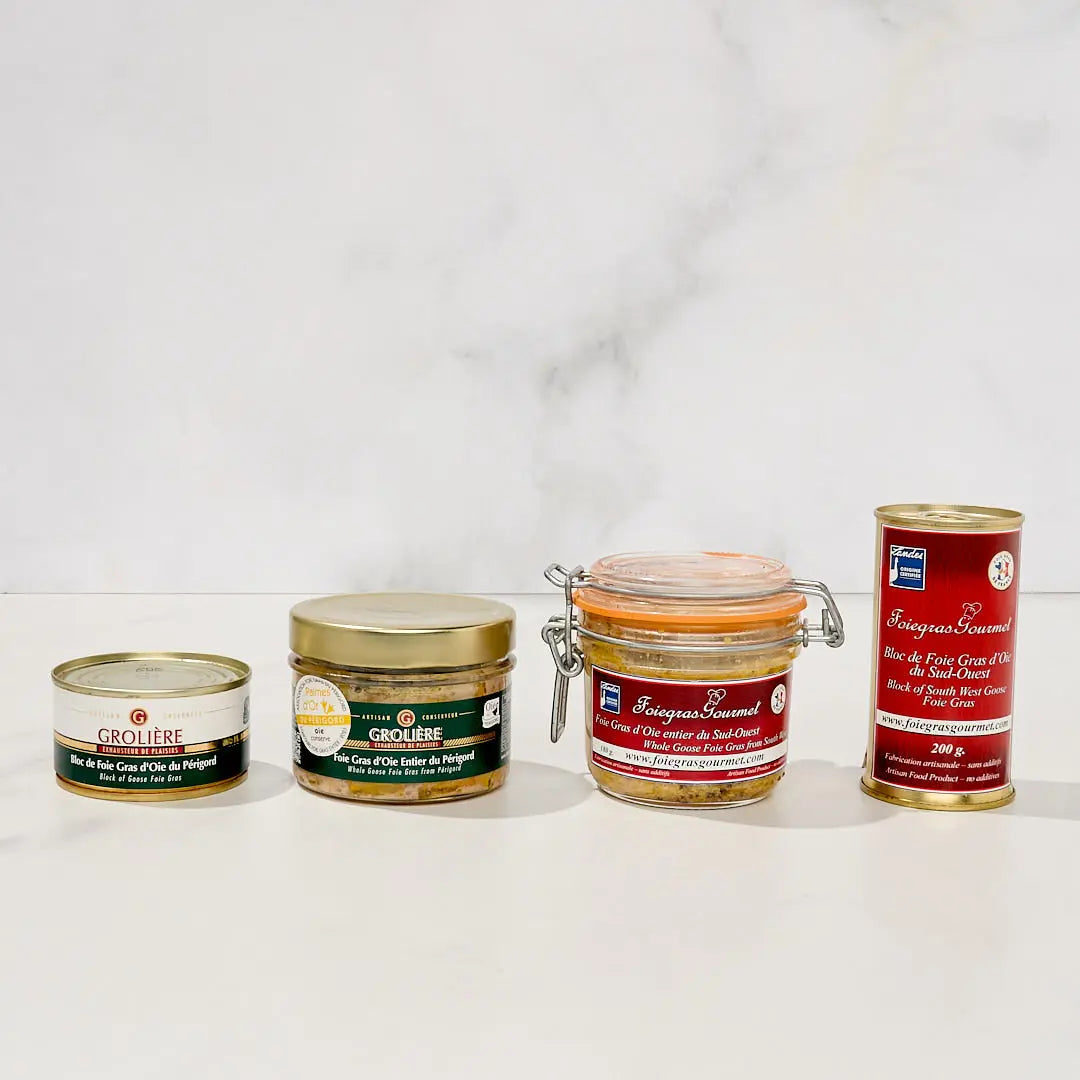Dishes to avoid for a pregnant woman
 Even if the risks are low, certain foods are not to be recommended for pregnant women. All uncooked products or not sufficiently cooked may contain dangerous bacteria for a pregnant woman and her baby.
Even if the risks are low, certain foods are not to be recommended for pregnant women. All uncooked products or not sufficiently cooked may contain dangerous bacteria for a pregnant woman and her baby.
Foie gras preserve (jarred foie gras) has no such risk for a pregant woman
Due to its sterilisation, a pregnant woman can eat, without any risk, foie gras preserve. Indeed, the heating of foie gras to 110, whilst preserving the taste of foie gras, eliminates all bacteria. This is the most traditional foie gras, consumed for decades by farmers in order to benefit from the “good fat” for winter and now by people living in the city to indulge themselves and to appreciate it’s unique taste.
You can order without any risk all foie gras hampers from Foie Gras Gourmet.
Duck foie gras and goose foie gras preserves are put in the fridge only a few hours before being consumed since it’s better cold than at room temperature but it will last many years in a cellar, a pantry, your garage or a cupboard in your kitchen. Once opened, leave the foie gras in its jar and consume it within a few days.

Fresh foie gras, half-cooked foie gras, pâté, rillettes and raw meats or slightly cooked meats are to be avoided for a pregnant woman
By contrast, fresh foies gras or half-cooked foies gras, pâtés, terrines or mousses made from meat are even less recommended if they are just slightly cooked. Likewise, all uncooked meat (beef, chicken, lamb, pork etc.) may contain bacteria or parasites, the most famous being toxoplasma, responsible for toxoplasmosis, which are eliminated when it’s cooked. Always go for properly cooked meats during pregnancy … and forget about tartar steaks for a few months.
Raw fish and other seafood are also not recommended
The majority of fish and other seafood may be enjoyed during pregnancy, so long as they are well cooked. Avoid all raw shellfish like oysters, raw muscles etc. and raw fish (tartar of fish, sushi etc.) which may contain parasites such as tapeworms. A tapeworm, also known as a flat worm, can make you ill and deprive you and your baby of nutrients that you need.
Also avoid boiled eggs and sauces made with egg
Boiled eggs, insufficiently cooked or raw may contain a bacterium like salmonella: it’s therefore not recommended to eat raw eggs or partially cooked eggs during pregnancy. The egg yolk and the egg white must be properly cooked: so avoid soft-boiled eggs, raw eggs on spaghetti carbonara or homemade mayonnaise.
Indeed, all commercial salad sauces and dressings, like mayonnaise, are made with pasteurised eggs and are thus without risk. All non-pasteurised products must be avoided. Watch out with homemade mayonnaise for example because of the risks of listeriosis.
Artisanal cheeses are also to be avoided (unfortunately)
It’s a big debate among specialists but certain cheeses are to be avoided since they may favour the proliferation of bacteria like listeria which may harm your baby’s health. Pregnant women are advised not to consume raw milk cheeses, soft cheeses with bloomy rinds like Brie, Camembert, Mont d’Or, certain goat cheeses and veined cheeses like le bleu d’Auvergne, Roquefort etc.
Even if some of these cheeses may be pasteurised, they are moister and less acid than other cheeses making them an ideal ground for the proliferation of bacteria.
In conclusion, without getting paranoid, a pregnant women is always more fragile and it’s wiser to not take any risk, especially with raw or partially cooked products. But remember foie gras preserve runs no risk to pregnant women like all pasteurised and sterilised products.






Ask questions on the topic of foie gras